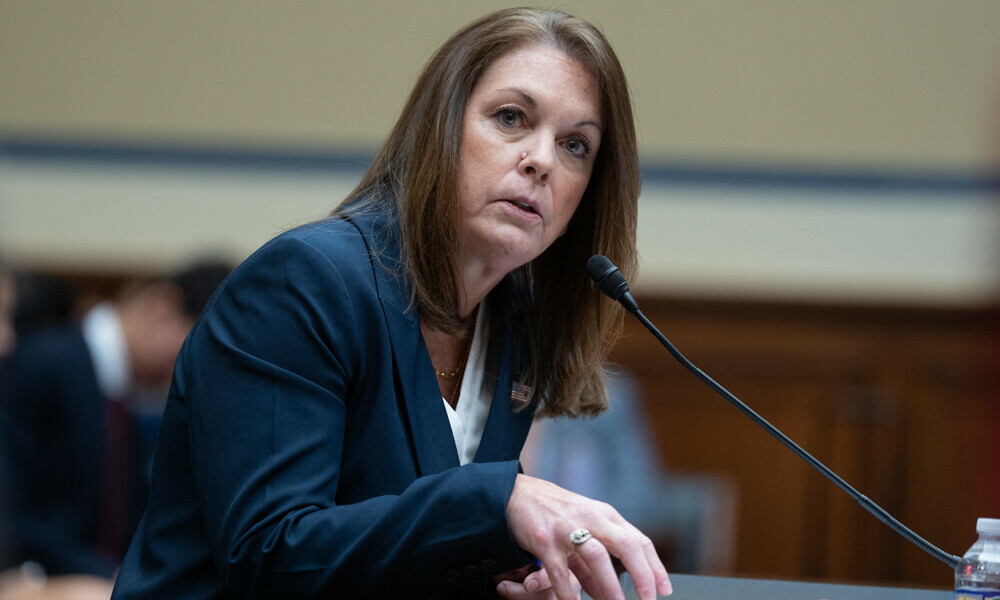The Israeli army has escalated its attacks across Gaza, resulting in the deaths of dozens of Palestinians in the central part of the besieged enclave. US national security adviser Jake Sullivan’s visit to Israel to engage in discussions with senior officials coincided with the heightened conflict.
Sullivan aimed to urge Israeli leaders to adopt a more targeted approach in the Gaza offensive and to avoid a broader assault on the southern city of Rafah. Despite warnings from the United States, Israeli Prime Minister Benjamin Netanyahu remained committed to advancing the offensive in Rafah, where nearly 800,000 Palestinians have been displaced since the start of the assault.
The United Nations and human rights groups have condemned the Israeli assault, expressing concern over the significant displacement and casualties. The Israeli government, however, argues that the military operation in Rafah is necessary to eliminate the last stronghold of the Palestinian group Hamas.
The Israeli military’s intensified air and ground attacks have caused substantial destruction and loss of life across the Palestinian territory. In one instance, air strikes in the Nuseirat refugee camp resulted in the deaths of at least 31 people, with residential homes and surrounding buildings sustaining significant damage.
Furthermore, Israeli forces have continued to push deeper into Gaza, leading to a rising death toll and widespread destruction. The Gaza Civil Emergency Service reported that 150 Palestinians have been killed by the Israeli army in recent days, and hundreds of houses have been struck by Israeli aerial and ground fire.
As the conflict persists, President Joe Biden has faced criticism for the United States’ unwavering support for Israel. Despite expressing disagreement with a full-scale operation in Rafah, the Biden administration has continued to provide military and diplomatic support to Israel, including plans to allocate an additional $1 billion in military aid.
The humanitarian situation in Gaza has worsened due to the closure of the Rafah land crossing with Egypt, leading to desperate measures by Palestinians to access essential supplies. The newly US-built floating pier has been criticized as a costly alternative to opening land crossings for aid delivery.
Moreover, the Israeli prime minister’s failure to present a post-war plan for Gaza and address the issue of captives held in the enclave has sparked political pressure within Israel. Amid widespread domestic demonstrations, war cabinet member Benny Gantz has threatened to resign from the government if Netanyahu fails to provide a clear vision for post-conflict resolution. This public display of division within the war cabinet reflects the growing political tensions in Israel.

















































